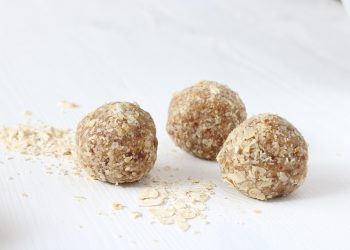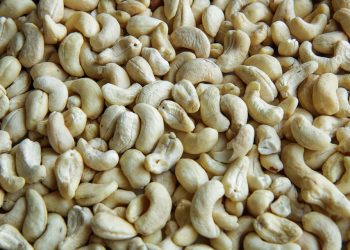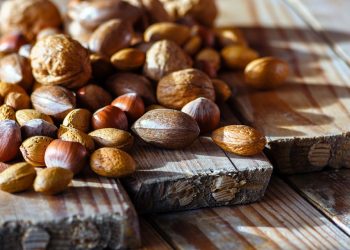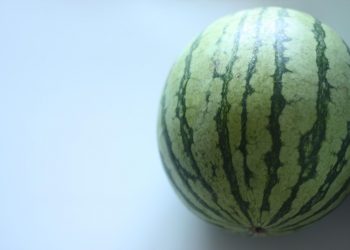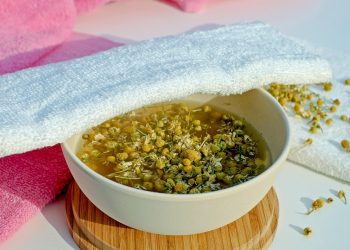Choosing one of the 10 delicious organic diet plans for a healthier you isn’t just about the food on your plate; it’s a lifestyle choice that nourishes your body, mind, and spirit. When you embrace organic foods, you’re not just opting for better ingredients; you’re making a statement about your health and the environment.
Contents
What is an Organic Diet?
An organic diet focuses on consuming foods that are grown without synthetic fertilizers, pesticides, or genetically modified organisms (GMOs). These foods are often fresher, tastier, and packed with nutrients. Choosing organic isn’t just a trend; it’s a commitment to your health, the planet, and supporting sustainable farming practices.
Why does this matter to you? Because what you eat directly impacts your body and overall well-being. With the rise in processed foods, it’s essential to return to the basics—wholesome, nutrient-rich, organic ingredients that fuel your body and uplift your spirit.
The Benefits of an Organic Diet
- Nutrient-Rich: Organic foods often contain higher levels of vitamins and minerals.
- Reduced Chemical Exposure: You minimize your exposure to harmful chemicals and pesticides.
- Better for the Environment: Organic farming practices are designed to reduce pollution and conserve water.
- Improved Flavor: Many people find organic foods taste fresher and more vibrant.
10 Delicious Organic Diet Plans
Ready to dive into organic eating? Here are ten delightful diet plans to inspire your journey toward a healthier you.
1. The Rainbow Plate Plan
What it is: This plan emphasizes colorful fruits and vegetables, ensuring you’re getting a variety of nutrients.
How to do it:
- Fill your plate with fruits and veggies of every color.
- Aim for at least five servings daily.
- Think berries, leafy greens, sweet potatoes, and bell peppers.
Why it works: Different colors often represent different nutrients. By eating a rainbow, you’re covering your nutritional bases.
2. The Whole Grain Wonder
What it is: This plan focuses on whole grains, which are packed with fiber and essential nutrients.
How to do it:
- Swap white bread and rice for whole grain options.
- Incorporate quinoa, barley, and brown rice into your meals.
- Snack on whole grain crackers or popcorn.
Why it works: Whole grains keep you fuller for longer and support gut health.
3. The Plant-Powered Plate
What it is: A vegan-based diet that emphasizes organic plant foods.
How to do it:
- Fill your meals with legumes, nuts, seeds, and whole grains.
- Experiment with tofu or tempeh for protein.
- Explore new recipes that highlight plant-based ingredients.
Why it works: A plant-based diet can lower cholesterol and reduce the risk of chronic diseases.
4. The Mediterranean Magic
What it is: Inspired by the Mediterranean diet, this plan focuses on healthy fats, whole grains, and lean proteins.
How to do it:
- Use olive oil as your primary fat source.
- Enjoy fish and seafood a couple of times a week.
- Load up on fruits, vegetables, and legumes.
Why it works: This diet is linked to heart health and longevity.
5. The Flexitarian Approach
What it is: A flexible vegetarian diet that allows occasional meat consumption.
How to do it:
- Focus on plant-based meals most of the week.
- Reserve meat for special occasions or once a week.
- Incorporate organic dairy or eggs if desired.
Why it works: You still enjoy the benefits of plant-based eating without completely cutting out meat.
6. The Clean Eating Challenge
What it is: A commitment to whole, unprocessed foods.
How to do it:
- Eliminate processed foods, sugars, and additives from your diet.
- Prepare meals from scratch using organic ingredients.
- Focus on whole fruits, vegetables, lean proteins, and healthy fats.
Why it works: Clean eating can lead to significant weight loss and improved energy levels.
7. The Anti-Inflammatory Diet
What it is: This plan includes foods that reduce inflammation in the body.
How to do it:
- Incorporate foods like berries, fatty fish, leafy greens, and nuts.
- Limit sugar and refined carbs.
- Use spices like turmeric and ginger in your cooking.
Why it works: An anti-inflammatory diet can reduce the risk of chronic diseases and improve overall health.
8. The Seasonal Eating Plan
What it is: Eating foods that are in season for maximum freshness and flavor.
How to do it:
- Visit local farmers’ markets to discover what’s in season.
- Plan meals around seasonal produce.
- Preserve seasonal fruits and vegetables for later use.
Why it works: Seasonal foods often have higher nutritional value and support local farmers.
9. The Sustainable Seafood Diet
What it is: A focus on environmentally-friendly seafood options.
How to do it:
- Choose sustainable fish like salmon, sardines, and trout.
- Avoid overfished species.
- Look for certifications like the Marine Stewardship Council (MSC).
Why it works: Eating sustainable seafood supports ocean ecosystems and your health.
10. The Mindful Eating Experience
What it is: This plan emphasizes being present while eating, focusing on the experience of food.
How to do it:
- Slow down and savor each bite.
- Pay attention to hunger cues and eat until satisfied, not stuffed.
- Eliminate distractions during meals, like TV or phones.
Why it works: Mindful eating can lead to better digestion, satisfaction, and a healthier relationship with food.
Conclusion: Choosing Your Path
Embracing one of the 10 delicious organic diet plans for a healthier you doesn’t have to feel overwhelming. Start small. Pick one plan that resonates with you, and gradually incorporate its principles into your daily life.
As you explore these delicious organic options, you’ll find that nourishing your body can also be a joy. Cooking can be a creative outlet, and eating can be a celebration of health.
Bottom Line: Organic eating is more than a diet; it’s a lifestyle change that can transform your health and well-being. You’re investing in your future, one delicious bite at a time. So, what are you waiting for? Start your organic journey today!
FAQ
Q: Is organic food always healthier?
A: While organic foods are often fresher and free from synthetic chemicals, the key is to focus on a balanced diet that includes a variety of nutrient-rich foods.
Q: Can I stick to an organic diet on a budget?
A: Absolutely! Buy in bulk, choose seasonal produce, and consider growing your own herbs and vegetables to save money.
Q: How can I ensure I’m eating sustainably?
A: Look for certifications on products, shop locally, and read labels to understand sourcing practices.
Take charge of your health today!
Get Your FREE Natural Health Guide!
Subscribe now and receive our exclusive ebook packed with natural health tips, practical wellness advice, and easy lifestyle changes — delivered straight to your inbox.



